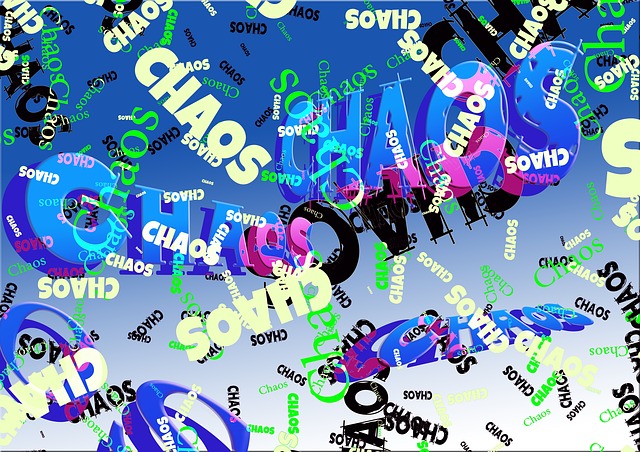Systematics and contexts argue in a systematic understanding that does not agree or a systematic overflow of dissatisfaction with the system that has been running. Has it really been going well and is it true that the thought or understanding that is said to be inconsistent provides an answer to the truth?
Twisted and swayed, actually the words understanding and problems go hand in hand. Why can it be different and why can you convince yourself from the basis of an understanding? Do you really understand, or do you really understand?

Confusing isn't it, even though it looks like it's just turned around without escaping to another word or far or near. Understanding, being understood, or understanding and being understood. Can it be said to be in line or become one thought?
Even if you only understand it, it turns out to be confusing. Where is the real meaning of the existence of understanding, being understood, understanding, being understood until it becomes an understanding?
If it is continued and continued, of course, it can be so long, even if it is just a reversal of the problem of understanding. Even though it was clear that he was just dwelling around it without giving an answer that actually answered for sure. Unfortunately, even if it's just turned around, it's still the truth. It becomes a must to be able to answer all the twists and turns. If it's not back and forth, it means that only one side has been answered, and the other means that it's actually not answered.
This is indeed a situation that must be present in the context of the truth of the right answer. Because it must be able to cover all if it is said to be the correct answer. It can't be less and it can't be too much.
Now if it is positioned on how everyone looks for answers or gets answers, it should be clear without exception. If it still only revolves around one-sided answer points, it means that it is indisputable. Why can it be so long without an answer? It's not that I don't know and it's not that I don't want to answer. However, this is due to not being convincing or indeed not getting a definite answer that can be said to be correct or appropriate.
So how should that systematic understanding actually have to proceed? Why is there an argument from a difference of understanding if in fact a correct answer has been obtained? Isn't something true that shouldn't be argued again just for reasons of different understanding? If it is reasoned and narrated it becomes strange isn't it, a correct answer is still a matter of debate. Doesn't that mean that the understanding of a correct answer means that it depends on the recipient's acceptance, the main problem is the actor, not the material or object that is discussed to be understood. What's with the doer thinking it means that we know the human being is the doer.
Systematics and understanding are made by actors, even in the contexts created by nature, they are learned to be the basis of learning materials. Likewise, with the form of the problem of belief and religion, his knowledge already has a definite source. But somehow the perpetrators can still understand the difference on the basis of a clear and definite answer. If the context due to misinterpretation or misinterpretation may be clear, this does not blame the meaning and also does not have a different interpretation can somehow different understanding. How strange it turns out that what humans wear is not.
-===-
Resources : https://read.cash/@Alther/systematics-and-understanding-506c2132